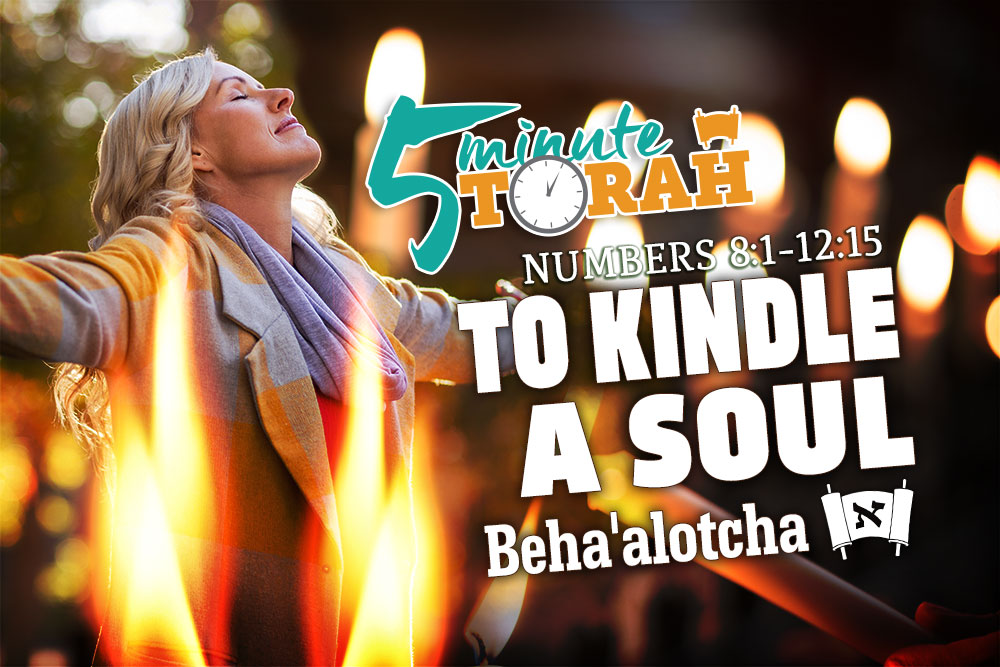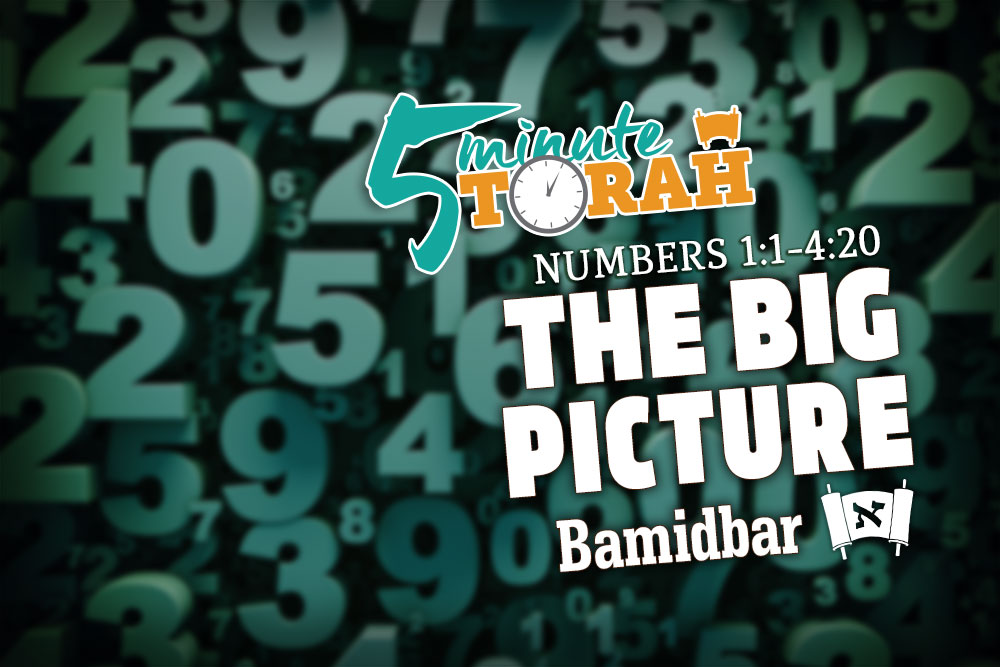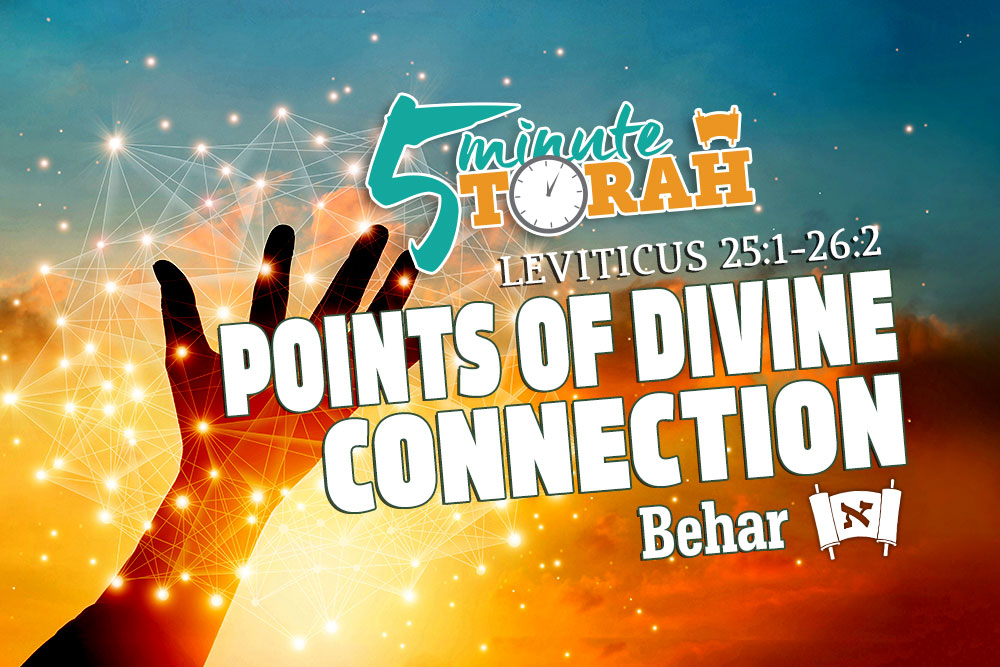Parashat Korach (Numbers 16:1-18:32)
If you've read this week's Torah portion, you already know that the story of Korah is a sad one. But there are many important lessons we can learn from the story of Korah. The primary, and most obvious lesson we can learn from Korah's mistake is in regard to humility. However, a deeper understanding reveals that his lack of humility stemmed from his disregard for mishchah, distinction. Let's explore this further.














